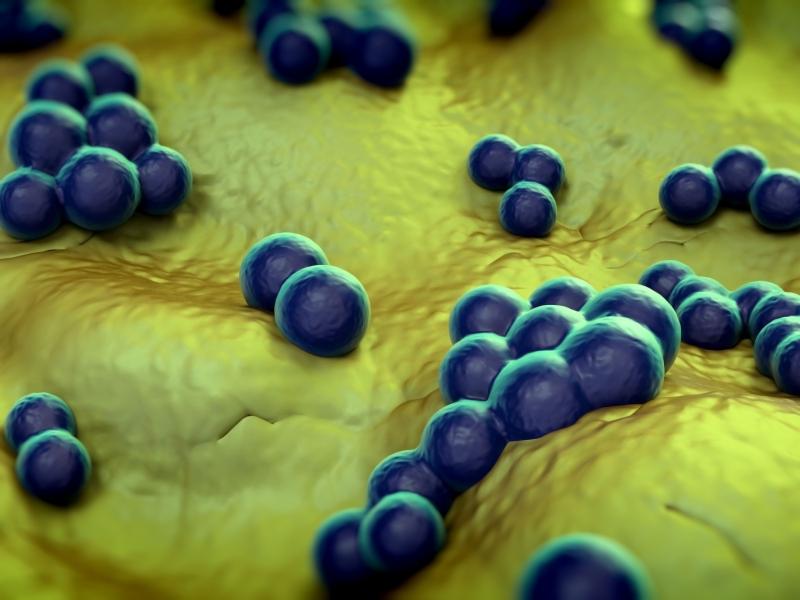
Darunavir lacks potent in vitro antiviral activity against SARS-CoV-2 and is therefore not supported for use in the treatment of COVID-19, according to a recent study.
Researchers assessed the clinical activity of a fixed-dose combination of 800 mg of the HIV protease inhibitor darunavir and 150 mg of the CYP3A4 inhibitor cobicistat, which is indicated in combination with other antiretroviral agents for the treatment of HIV infection. They used a clinical isolate from a patient infected with SARS-CoV-2.
The nucleotide analog remdesivir, which was initially developed for Ebola virus disease, has been shown to inhibit SARS-CoV-2 replication in vitro with an EC50 value of 0.77 µM and was therefore used as a positive control. [Cell Res 2020;30:269-271]
Remdesivir demonstrated potent antiviral activity against SARS-CoV-2 with an EC50 of 0.11 µM based on visual scoring of inhibition of cytopathogenic effect (CPE). In the same experiments, darunavir failed to inhibit viral replication (EC50 >100 μM). Similar results were obtained using the MTT assay method, with remdesivir showing strong antiviral activity with an EC50 of 0.38 μM, while the study drug showed no effect (EC50 >100 μM).
Neither drug showed cytotoxicity to Caco-2 cells with CC50 values >100 μM. The selectivity index (CC50/EC50) for darunavir was not calculated due to the lack of antiviral activity. On the other hand, remdesivir had a selectivity index of >900 by visual CPE scoring and >260 by the MTT method, confirming its in vitro antiviral potency against SARS-CoV-2.
In light of the findings, the researchers stressed that the use of darunavir (boosted with either ritonavir or cobicistat) should remain solely for treating patients with HIV infection.